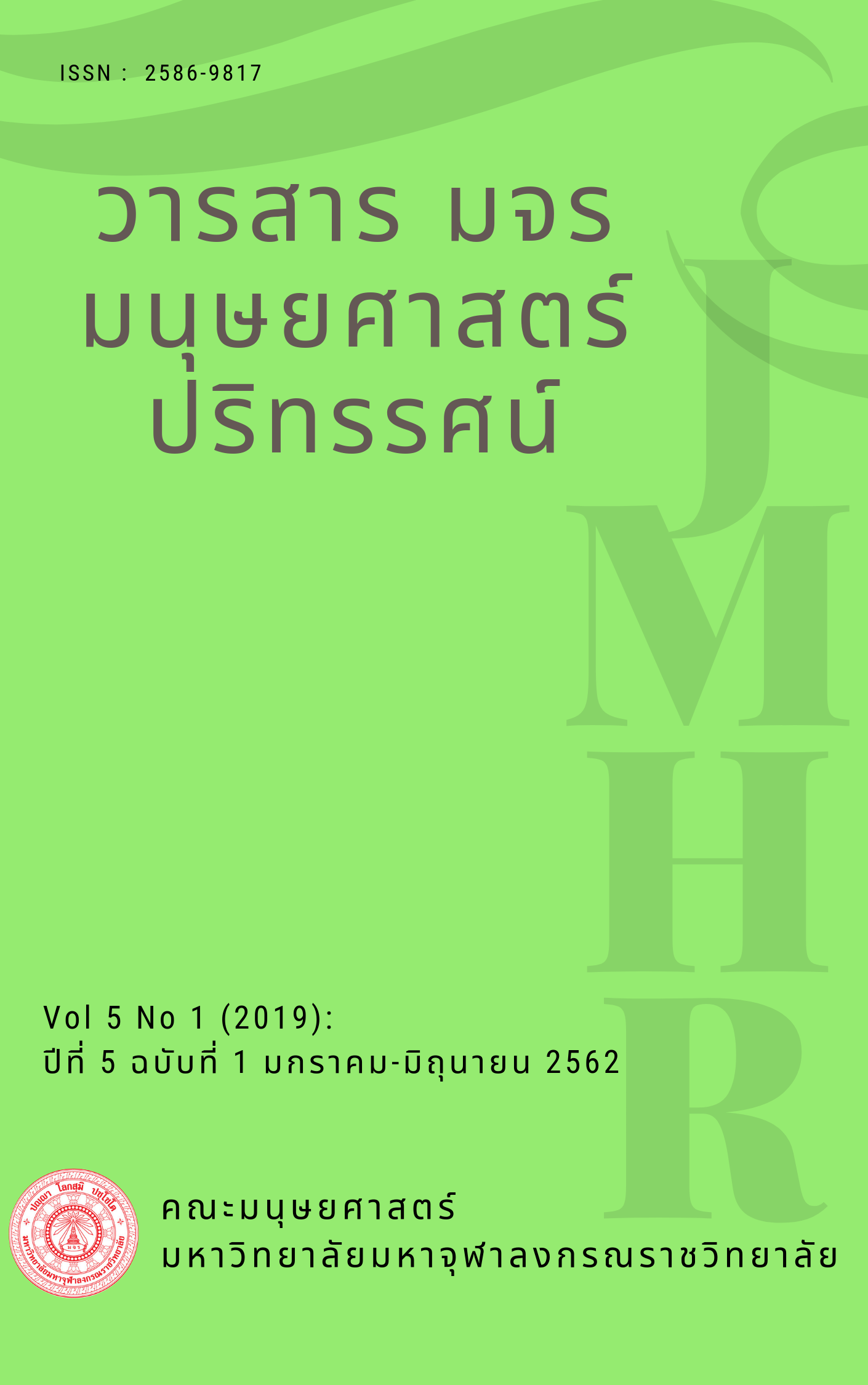KNOWLEDGE MANAGEMENT OF COMMUNITIES ENTERPRISE FOR ONE TAMBON ONE PRODUCT IN THAILAND
คำสำคัญ:
Community Enterprises, Knowledge Managementบทคัดย่อ
ABSTRACT
The experience of Thai rural development in the last decade has shown that well planned income generation activities related to poverty alleviation such as Small and Micro Community Enterprises (SMCEs) cannot be ignored in order to encourage sustainable mechanisms for Community Based Natural Resource Management. New enterprises need to be created and existing ones strengthened within a context of sustainable livelihoods which targets all relevant members in a community. Farmers demonstrate a rich combination of productive strategies that often include agricultural, tree and forest products and fisheries and enterprising trade in both raw products as well as manufactured products such as handicrafts and tools.
Ecotourism also increasingly plays an important role in supplementing farm incomes in many areas while at the same time reinforcing the perception of valuable natural resources that need to be managed carefully. While farmers have many assets and opportunities, their trading and enterprise initiatives also suffer from lack of competitive advantages due to remote locations, poor access to extension services, inadequate planning and management skills, incomplete knowledge on value chains and market information, lack of appropriate technology for value addition, insufficient market driven training programs and difficulties in acquiring and using capital effectively. Development professionals are frequently expected to remedy this situation but are lacking skills and confidence in diagnosing and solving the constraints that are obstacles to enterprise development.
At the present, the most crucial problem in the Small and Micro Community Enterprises (SMCEs) community enterprises group were problem of organizational management, production management, marketing management, financial management, lack of channels of distribution, low R&D and innovation levels are the biggest concern, low labor productivity level in the community enterprises group also reflects challenges in human resources and management. Limited capabilities in technology management and knowledge acquisition. Low productivity and quality output, shortage of skilled personnel, lack of information and limited access to finance.
เอกสารอ้างอิง
Patcharinporn Bhuapisit et al. (2014). A Study of Competencies of Community Enterprise (OTOP) Entrepreneurs in the Central Region of Thailand. Bangkok: Faculty of Business Administration, Rajamangala University of Technology Phra Nakhon.
Supannee Khodphue and Suraphol Sreshthaputra (2008). Management Competencies of Community Enterprises in San Pa Tong District, Chiang Mai Province, Thailand: Faculty of Agriculture, Chiang Mai University.
Chintana Somswasdi et al. (2015, February). The Guidelines for Management of Community Enterprises: A Case Study of Don Chang Sub-district, Khon Kaen Province, Thailand. 92-93. Retrieved from https://global bizresearch. org/Singapore_Conference2015/pdf/S533.pdf
Worasit Wongadisai and Sumalee Chanchalor. (2017, January). Knowledge Management of Community Enterprise in Northeast Thailand. 1, 4. Retrieved from https://www.eares.org/siteadmin/upload/EPH317003.pdf






